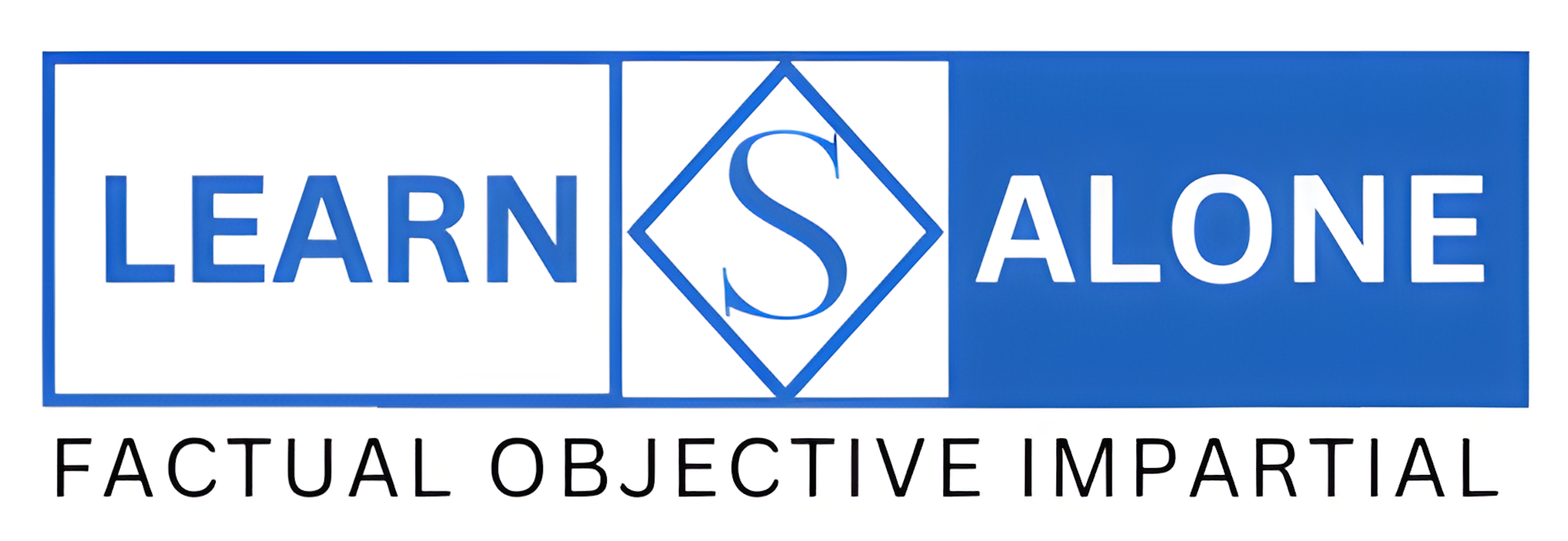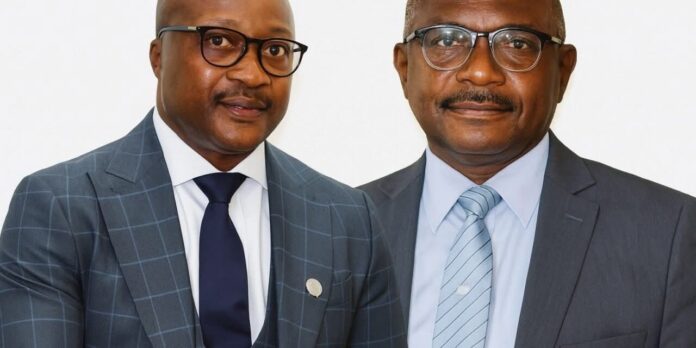By Edward Dictionary Caulker
A letter dated 11th August 2025 has blown the lid off what many thought was a serene and dignified judiciary in Sierra Leone. At the heart of it lies a standoff between two of the most senior figures in the temple of justice: The Hon. Mr. Justice Allan B. Halloway, Justice of the Supreme Court, and the Hon. Chief Justice Komba Kamanda.
The accusations are not minor. Justice Halloway has accused the Chief Justice of breaching the Constitution, violating his rights, and undermining judicial independence. His words, written with precision and legal weight, raise a troubling question: if judges themselves cannot guarantee their own independence, what hope exists for ordinary citizens seeking justice?
The Core of the Grievance: A “Lock Game” on Livelihood and Liberty
Justice Halloway’s detailed complaint outlines a systematic campaign to financially and professionally strangle him. The allegations, if proven, depict a Chief Justice operating far outside the bounds of his constitutional remit:
1. Withholding of Allowances and Fuel: Justice Halloway claims that on the instruction of the CJ, his mid-month allowance was withheld. More strikingly, his judiciary-issued fuel debit card was allegedly “blocked” on the orders of the Deputy Master & Registrar, acting on the CJ’s directive. He poignantly states this nearly caused a medical emergency, as the funds were needed to purchase drugs to prevent a diabetic coma.
2. The “Backdoor” Salary Variation: In a masterclass of legal argumentation, Halloway argues that by forcing him to pay for official vehicle maintenance (battery, tyres) and a portion of his medical bills expenses that are constitutionally guaranteed as part of his conditions of service the Chief Justice is effectively varying his salary to his disadvantage. This is a direct alleged violation of Section 138(3) of the Constitution of Sierra Leone, 1991, which is absolute: a judge’s conditions of service “SHALL not be varied to his disadvantage.”
3. Professional Marginalisation: Beyond the financial squeeze, Justice Halloway alleges he has been systematically removed from all court panels for both the Court of Appeal and the Supreme Court. He frames this not as a simple reassignment but as an unconstitutional “tacit suspension and or removal from office,” effectively rendering the nation’s most senior judges redundant without due process.
4. Intimidation and Threats: The letter recounts an incident where the CJ allegedly threatened him with disciplinary action for refusing to hand over case files, an act witnessed by two other Supreme Court justices. This paints a picture of a leadership style based on fear and coercion rather than collegiality and respect for the law.
The Legal Heart of the Matter: Why Lawyers Are Amused and Alarmed
For legal minds, this letter is a fascinating study in constitutional law and judicial independence. Justice Halloway isn’t just complaining; he is building a legal case.
· The Sanctity of Section 138(3): He zeroes in on one of the most critical constitutional safeguards for judicial independence. The provision is designed to insulate judges from financial pressure exerted by the executive or, as in this case, allegedly by the judiciary’s own head. By framing withheld reimbursements as a de facto salary cut, Halloway places the CJ’s actions in the crosshairs of a clear constitutional breach.
· The Spectre of “Tacit Removal”: The concept of effectively removing a judge from office by simply not giving them any work is a novel and terrifying legal prospect. It circumvents the elaborate and difficult constitutional process for removing a judge, which requires a presidential appointment of a tribunal and a vote of parliament. If a Chief Justice can unilaterally sideline a judge, the entire foundation of judicial security crumbles.
· A Chief Justice vs. The Constitution: The supreme irony, which will not be lost on any lawyer, is that the allegations are against the Chief Justice the individual who swears an oath to uphold the constitution. The letter accuses the lead guardian of the law of being its primary violator within the judiciary.
The Ripple Effect: Why Every Sierra Leonean Should Care
This is far more than a “lock game” between two powerful men. It is a crisis that strikes at the heart of the nation’s democracy.
· Erosion of Public Trust: The judiciary’s power lies not in armies or budgets, but in its perceived legitimacy and impartiality. A public feud featuring allegations of intimidation and financial sabotage irreparably damages this perception. If citizens believe judges are under the thumb of their boss, they will have no faith in court rulings.
· A Chilling Effect on Other Judges: Halloway claims that “quite a number of Judges… privately condemn your unconstitutionalities… but refuse to bring it out to you for fear of how you react.” If true, this suggests a judiciary operating in a climate of fear, where judgments might be influenced not by the law, but by the desire to avoid the wrath of the Chief Justice. This is the antithesis of justice.
· The Precedent of Impunity: If the head of the judiciary can allegedly act with such impunity against a fellow Supreme Court justice, what chance does an ordinary citizen have against a powerful opponent? The case sets a dangerous precedent that the law is applied selectively, based on power and connections.Bottom of Form
The Crossroads Moment
Justice Halloway presents himself not as a disgruntled employee but as the oldest and most experienced judge in Sierra Leone, compelled to raise the alarm for the sake of the judiciary and the nation. His letter was copied to the President, the Attorney General, the Judicial and Legal Service Commission, and human rights bodies.
The response or lack thereof from these institutions will determine whether Sierra Leone’s judiciary emerges from this crisis stronger or weaker. Will this be treated as the constitutional earthquake it appears to be, or dismissed as an internal misunderstanding?
For now, Sierra Leone waits. As Elkass Sannoh, Director of Communications for the Judiciary, noted during an appearance on SLIK TV’s Today Show:
“The learned Supreme Court Judge, Honourable Justice Halloway, addressed the letter to the Chief Justice as the head of the judiciary. He wrote the letter at a time when the judiciary was on vacation.”
A careful response is expected, and perhaps the Chief Justice himself will soon break his silence. Until then, the nation watches closely as the guardians of justice face what may be their most defining trial yet.



